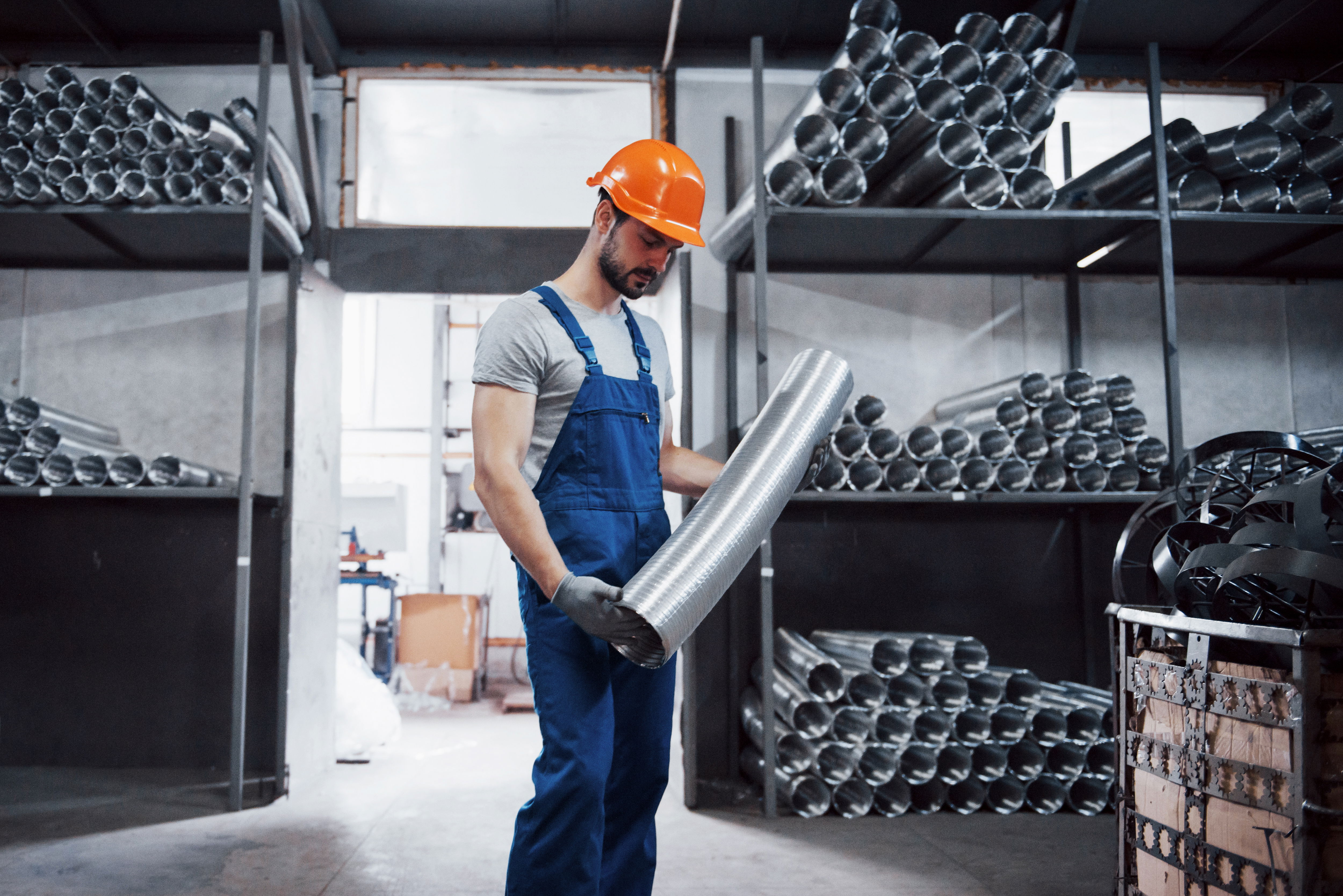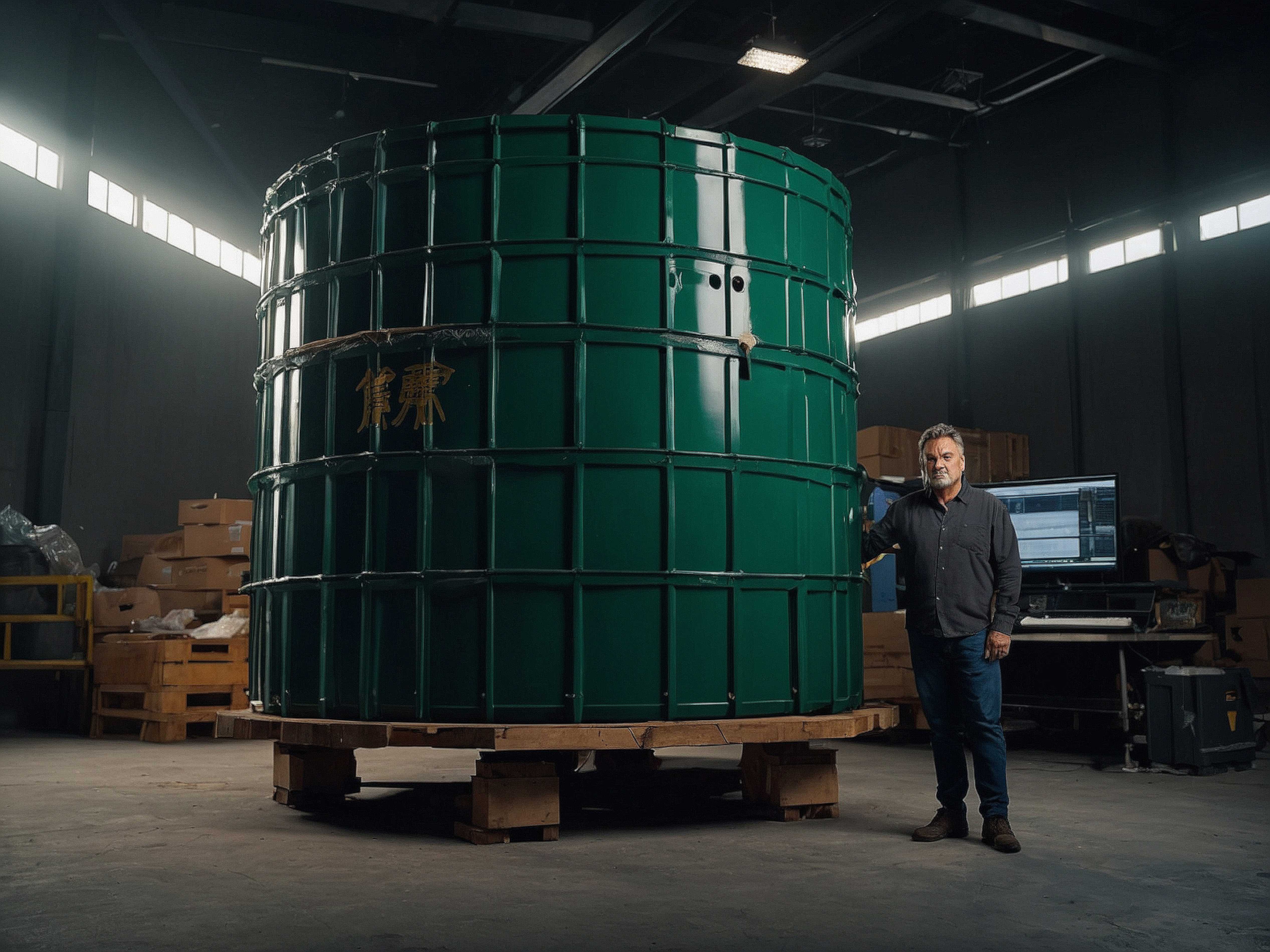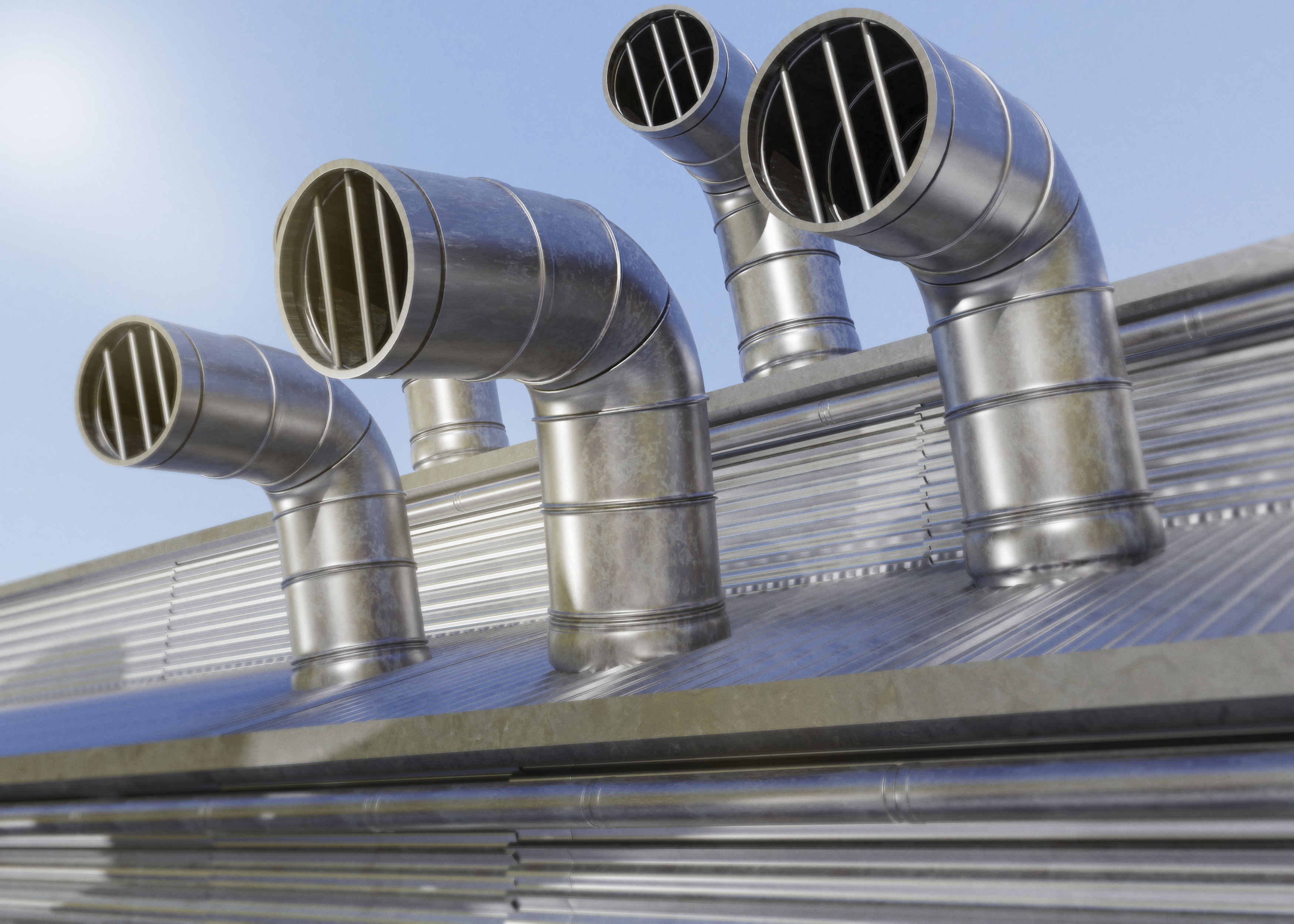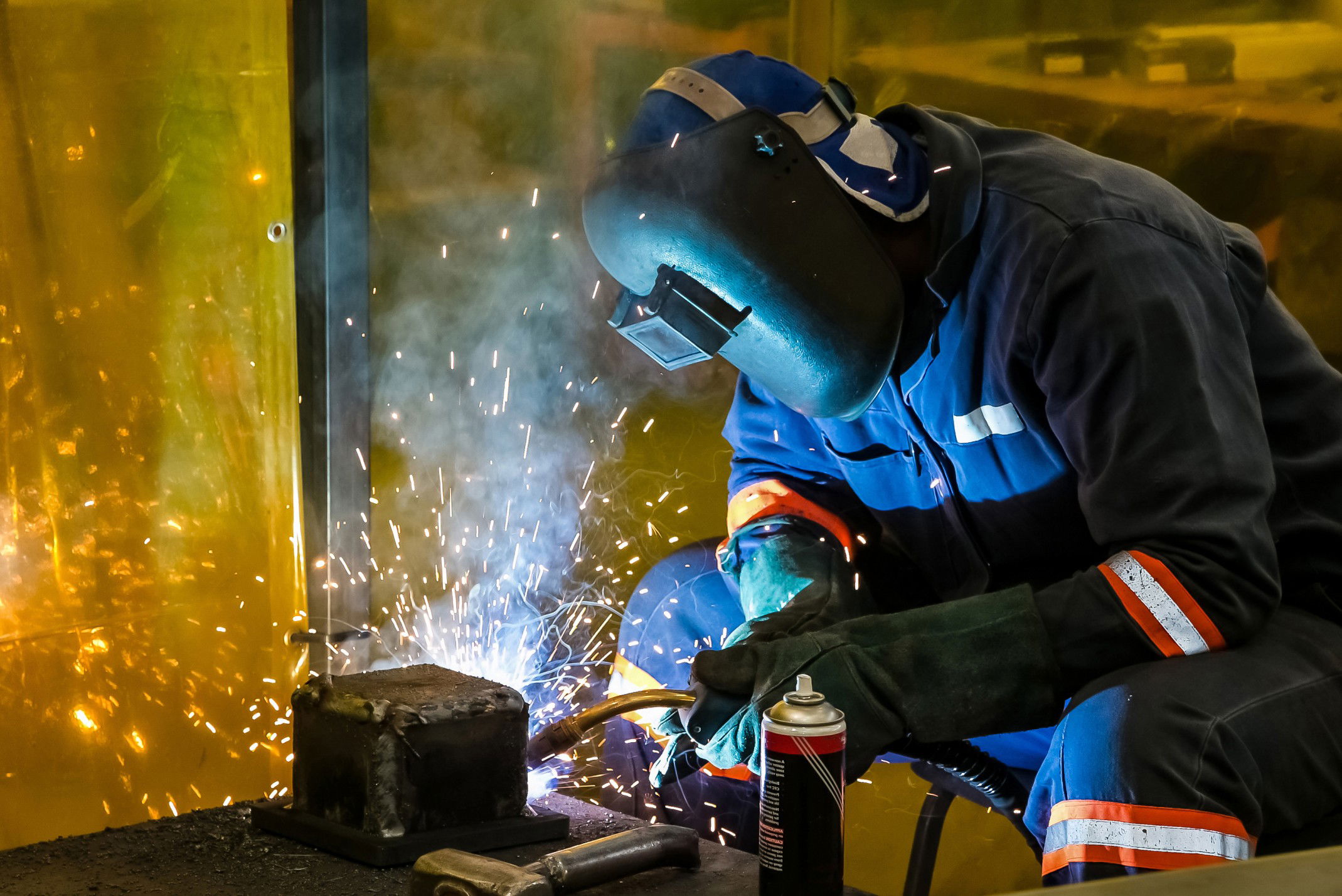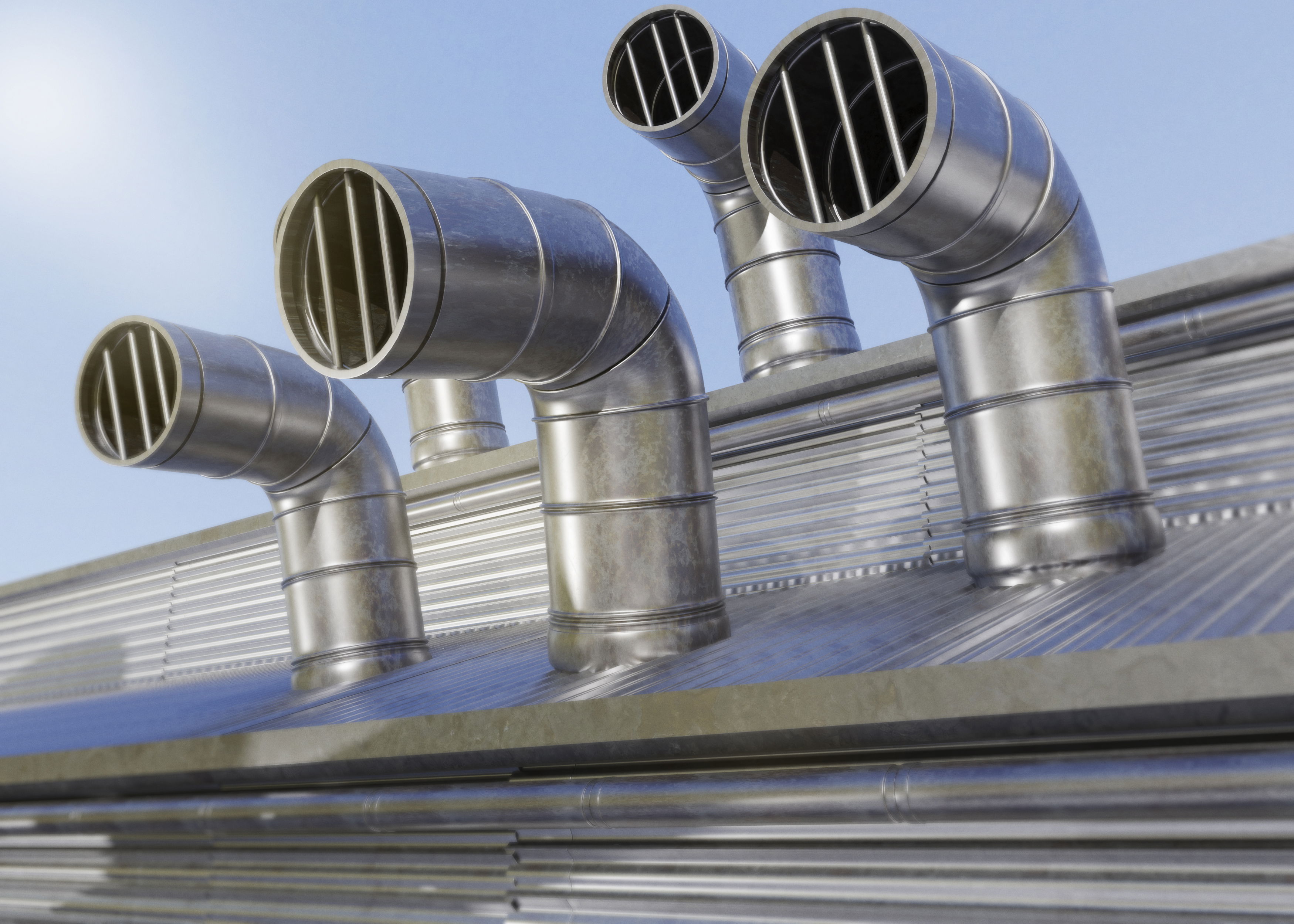Fabrication companies in the UAE provide custom solutions for a variety of industries, including oil and gas, petrochemicals, energy, and infrastructure.
When it comes to engineering projects in the UAE, the significance of fabrication companies cannot be overstated. These companies are the backbone of numerous industries, providing essential services for the construction, oil and gas, power, and manufacturing sectors. If you're exploring the UAE's fabrication industry, there are critical components like heat exchangers and pipe spooling that will come up frequently. Understanding these elements in the context of UAE-based fabrication services will help you make informed decisions as you navigate your own projects.This guide explores the role of fabrication companies in UAE with a focus on two significant aspects: heat exchanger types and pipe spooling. Whether you're working in a construction project, an oil refinery, or any other large-scale industrial setup, understanding these components can offer a considerable advantage.
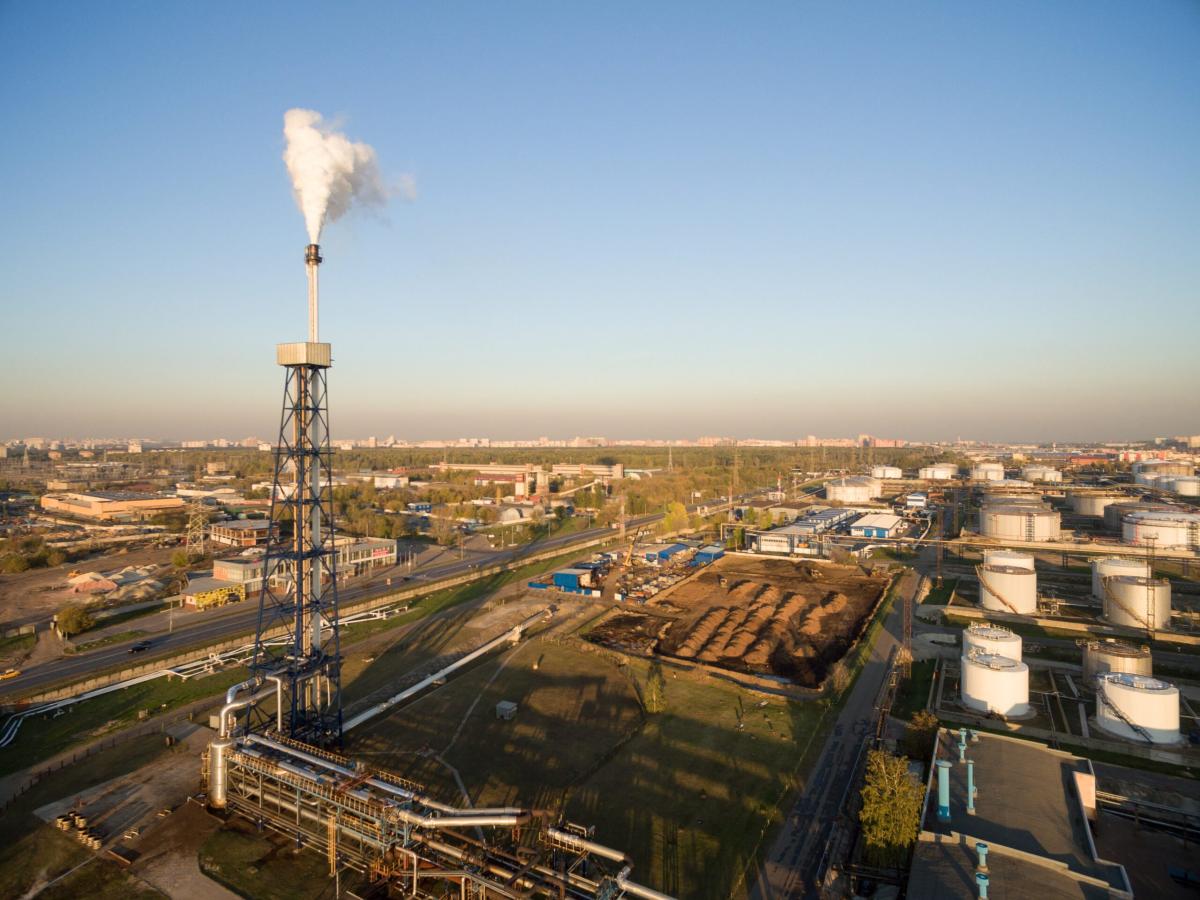
The Role of Fabrication Companies in the UAE
Fabrication companies in the UAE provide custom solutions for a variety of industries, including oil and gas, petrochemicals, energy, and infrastructure. From structural steel works to the intricate piping systems that form the backbone of many industrial processes, these companies offer a wide range of services. They combine advanced technology, skilled manpower, and a deep understanding of regional requirements to deliver projects that meet international standards.In a place like the UAE, where the demand for infrastructure is ever-growing, fabrication companies are crucial for meeting the needs of both private and government projects. The competitiveness of the market, paired with the country's strategic focus on becoming a hub for industrial advancement, makes the UAE a key player in the global fabrication industry.But what exactly goes into a fabrication company’s day-to-day operations? Understanding the integral parts of fabrication, like heat exchangers and pipe spooling, can help demystify their importance and bring clarity to the scope of work.
Understanding Heat Exchangers in the UAE
Heat exchangers are one of the most important components in industries that deal with thermal processes. In the UAE, where industries such as oil and gas, petrochemicals, and power generation are prominent, heat exchangers are essential for managing temperature control and facilitating thermal energy exchange between fluids.Heat exchangers come in several types, and each type serves a unique function based on the specific requirements of a project. Here, we break down the most common types of heat exchangers used by fabrication companies in the UAE:
1. Shell and Tube Heat Exchangers
This is the most widely used type of heat exchanger in the UAE’s industrial sector, particularly in the oil and gas industry. Shell and tube heat exchangers consist of a series of tubes, with one fluid running through the tubes and the other fluid surrounding the tubes within a shell. The two fluids exchange heat, typically under pressure, making them perfect for applications that require high thermal efficiency and durability.Fabrication companies in the UAE that work with this type of heat exchanger must be equipped with the right machinery to handle the complex tube bending, welding, and pressure testing. These heat exchangers types are most commonly used in industries where the fluids involved are at high temperatures, like in refining processes.
2. Plate Heat Exchangers
Plate heat exchangers are designed for applications that require a high level of heat transfer efficiency in a compact form. These exchangers consist of multiple plates with alternating channels for fluid flow. The heat is transferred between the fluids via the plates, which provide a large surface area.The advantage of plate heat exchangers is their space-saving design and high efficiency. In the UAE, where space is often at a premium, this type of heat exchanger is widely used in applications like HVAC systems, food processing, and water treatment. Fabrication companies that specialize in plate heat exchangers must focus on precision in designing and fabricating the plates to ensure efficient heat transfer while maintaining structural integrity.
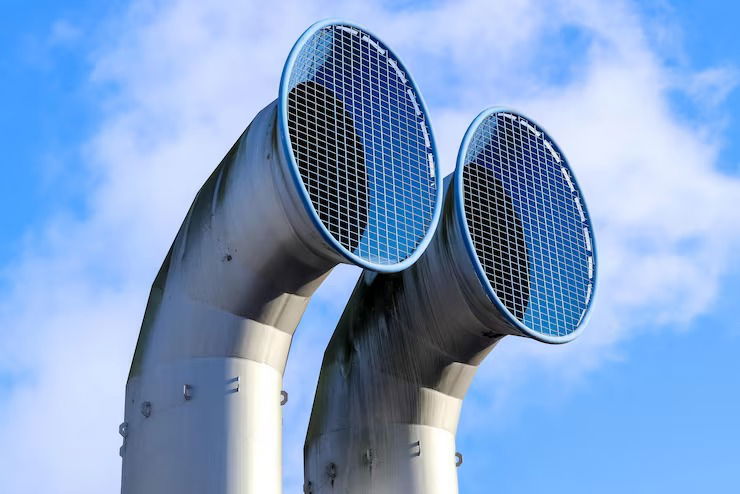
3. Air Cooled Heat Exchangers
In environments like the UAE, where high ambient temperatures are common, air-cooled heat exchangers are used in place of water-cooled systems. These heat exchangers rely on air to remove heat from a fluid, making them ideal for locations where water is scarce or not readily available.Air-cooled heat exchangers are often used in oil and gas operations, power plants, and petrochemical facilities. Fabrication companies involved in the production of air-cooled heat exchangers must consider factors like material selection, the design of fins for maximizing heat dissipation, and the ability to withstand extreme environmental conditions.
Read More:- Heat Exchanger Types That Boost Efficiency
4. Double Pipe Heat Exchangers
As one of the simplest designs, double pipe heat exchangers consist of two concentric pipes. One fluid flows through the inner pipe while the other fluid flows in the annular space between the two pipes. This design is ideal for low to moderate capacity applications, such as small-scale chemical processing and food manufacturing industries.In the UAE, where modular and compact systems are often preferred, double pipe heat exchangers are a popular choice due to their relatively simple fabrication process and lower cost. However, they may not be suitable for high capacity or high-temperature applications.
5. Spiral Heat Exchangers
Spiral heat exchangers are ideal for applications that require the exchange of heat between fluids with varying viscosities or high fouling tendencies, such as in wastewater treatment or oil refining. Their design consists of two spiral-wound channels that allow the fluids to flow in a continuous helical path, providing a highly efficient thermal transfer process.Fabrication companies in the UAE that specialize in spiral heat exchangers must consider the specific characteristics of the fluids involved, ensuring that the exchanger can handle the particular challenges posed by the substances being processed.
Pipe Spooling: A Critical Element in Fabrication
In the UAE’s highly industrialized landscape, pipe spooling plays a crucial role in fabricating piping systems that are used in power plants, oil rigs, and large construction projects. Pipe spooling involves prefabricating the piping sections at a fabrication facility and then assembling them at the construction site. This reduces the time required for on-site installation and ensures that all components fit correctly before installation begins.
1. What is Pipe Spooling?
Pipe spooling is the process of fabricating pipe sections (spools) that will later be installed in a larger piping system. These spools typically consist of pipes, valves, fittings, and other components, which are all assembled in a factory or workshop. The benefit of this process is that it ensures a higher level of precision, as all parts are fabricated in a controlled environment before being shipped to the job site.
2. Why Pipe Spooling is Important in the UAE
Given the UAE's ambitious construction projects, ranging from skyscrapers to large-scale power plants, pipe spooling is an essential component. Fabrication companies need to adhere to strict timelines and quality standards, and spooling ensures that the piping systems are designed, tested, and ready for installation as soon as they arrive at the project site.
Read More:- Chemical Injection Skid: Components & Functions
The UAE’s intense heat and harsh environmental conditions also make pipe spooling particularly valuable. By prefabricating pipes under controlled conditions, fabrication companies can ensure that the materials used are suited for the extreme temperatures and potential corrosive elements present in the UAE’s environment.
3. Key Benefits of Pipe Spooling
- Precision: Each spool is fabricated to exact specifications, ensuring a perfect fit during installation.
- Time Efficiency: Since fabrication is done off-site, on-site installation is faster, which reduces project timelines.
- Cost Savings: With prefabricated spools, there are fewer delays and fewer chances for costly mistakes during on-site construction.
- Quality Control: Fabricating spools in a controlled environment allows for better monitoring of materials and workmanship, ensuring high standards.
The Future of Fabrication Companies in the UAE
As the UAE continues to evolve as a global center for construction and industrial projects, fabrication companies will play a pivotal role in shaping the future of infrastructure. The demand for specialized services like heat exchangers and pipe spooling will only increase as the region invests in new technologies and sustainable practices.Innovations in materials, such as corrosion-resistant alloys and heat-resistant coatings, will continue to improve the longevity and efficiency of heat exchangers used in harsh environments like the UAE. Likewise, advancements in automation and digital fabrication will allow fabrication companies to produce even more accurate and efficient components, reducing costs and time for completion.In the UAE, where sustainability is becoming increasingly important, fabrication companies are also expected to play a role in the region's green initiatives. This could involve designing heat exchangers that are more energy-efficient or offering piping systems that minimize water and energy waste.
Conclusion
As a hub for industrial innovation, the UAE's fabrication companies are essential players in sectors ranging from oil and gas to construction and manufacturing. With a focus on heat exchanger types and pipe spooling, understanding these processes can help you make more informed decisions in your own projects. Whether you’re an engineer, project manager, or contractor, having a clear grasp of these technical elements will ensure that you’re able to leverage the expertise of fabrication companies to achieve the best possible outcomes for your business.By staying ahead of trends and understanding the key components that go into fabrication, you're positioning yourself to make smarter, more effective decisions that will keep your projects on track and successful in the UAE’s competitive industrial landscape.
